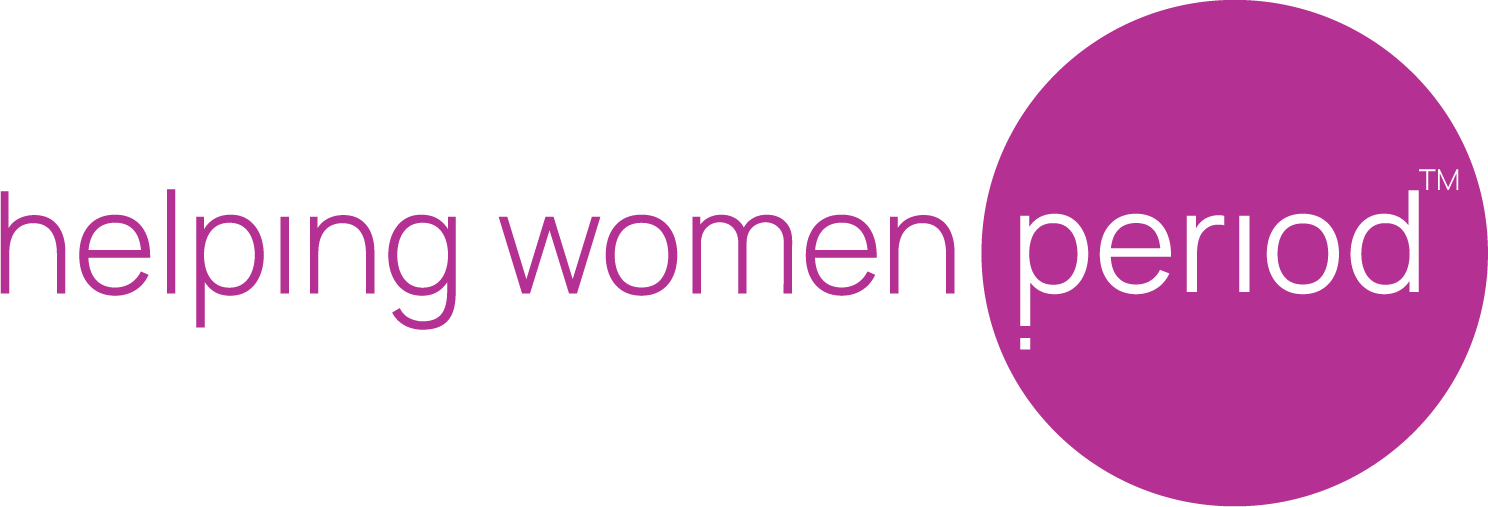
Summary
Redefining the way the world views menstruation and making it a human rights issue is essential. Use these tips to empower yourself and those around you.
What Menstrual Empowerment Looks Like: Redefining Society’s Relationship with Periods
For millions of people around the globe, menstruation is a taboo topic about a dirty subject. Cultural beliefs, patriarchal ideals, gender discrimination and conservative outlooks label periods as unclean.
Of course, this couldn’t be further from the truth.
But a lack of basic access to information, menstrual health products, and facilities causes ongoing discrimination.
Fortunately, it is possible to redefine the relationship that society has with periods and create a culture of menstrual empowerment.
Here’s how:
Share Educational Information About The Natural Process Of Menstruating
One of the biggest reasons something may be considered taboo is due to a lack of understanding. Therefore, sharing information is the best way to change the negative associations with menstruation.
Menstruation is just as natural as any other bodily function, and everyone should understand this. So, start educating those you have direct access to, like your children, partners, colleagues, friends, and family members. Share information about menstruating from books, documentaries, pamphlets, brochures, infographics, and magazines; whatever you can get your hands on!
The more familiar something becomes, the less taboo it will be. Asking a woman’s age, sex before marriage, children out of wedlock, LGBTQ+ identities, women having jobs, HIV/AIDS, and tattoos were all once taboo. However, today they are mostly accepted topics. It’s time to add menstruation to that list.
There are several ways to share this information about menstruating. TV, magazines, books, live events and concerts, sports events, billboards, advertisement spaces, and social media are all excellent channels.
According to Statista, 64.4% of the global population uses the Internet. Of that majority, 59,9% use social media, making it a great place to share educational information about menstruation. It’s time to go viral and reach all corners of the globe.
Create Conversation About Menstrual Health
We have the power to normalize menstrual health conversations—and it doesn’t only need to be amongst menstruators. Get the men in your life involved, too.
Conversation is a powerful tool that creates discrimination and taboo or destroys it. One of the effects of menstruation being a taboo topic is that many young menstruators have no idea how to handle their monthly cycle because it’s not safe to discuss.
To change this, everyone needs to talk about menstruating, what it feels like, and how often it happens. Let’s talk about the range of menstrual products available and how/when to use each one. Talk about often we menstruate and what the premenstrual signs are. Lastly, let’s talk about menstrual hygiene and how to keep clean during our monthly cycle.
Introducing Sponsored Products In Public Areas
Unfortunately, not all menstruators have access to or are even aware of help even when it is available. This is why it’s important to advertise free menstrual health products in an area that is easily accessible and visible to all. Thankfully, with growing awareness of period poverty, we can help menstruators worldwide.
Public areas like bathrooms are a stock standard place for free condoms in many countries, and it’s the perfect place to provide free menstrual products too. Especially since access to bathrooms and sanitation are pivotal to maintaining proper hygiene when menstruating.
Supporting Menstrual Health Programs
Do your bit to support menstrual programs wherever you can by donating or bolstering menstrual campaigns. There are many initiatives making a difference to menstruators every day.
By donating money or sanitary supplies to period programs, you’re helping to educate young girls about menstruation and hygiene. In the process, you also help to break myths and disarm misinformation. There are also school outreach programs that you can support, community drives, and educational programs that all need a helping hand.
The bottom line is, wherever you can help, do it.
If you’re unable to make donations, do what you can by using what is available to you, like technology!. Spread the word and show people how they can help. Make community events part of your life, like Helping Women Period marches, school marches, Giving Tuesday, and any opportunity to educate and volunteer for menstrual health awareness and initiatives.
Encouraging Menstruators To Talk About Periods
It’s time to remove the embarrassment around the topic of menstruation by making it something that’s approachable and familiar.
Menstruation is a hugely diverse experience for every menstruator, determined by a range of factors from socio-economic standing to culture, ethnicity and age. For some, having a period is not exactly a pleasant experience. It can be one of suffering, pain, and side-effects. Let’s take more time and care to open dialogue and empower the topic of menstruation.
Break the ice by creating light and thought-provoking conversations with those around you. Here are a few ideas:
- Every person is alive because their parent menstruated.
- Almost all individuals assigned female at birth will have a period at some stage of their life.
- Slightly under half of the world’s population is assigned female at birth, which means almost half the world gets a period!
- In some cultures, your first period is celebrated and something to be proud of.
Join The Call To Ensure Menstruation Is Recognized As A Human Rights Issue
Poor menstrual hygiene and not having access to menstrual products can cause illness and death. It commonly also harms school retention for young menstruators worldwide.
Menstruation matters are not treated with the same urgency as our basic needs for human survival; yet it’s a basic bodily function for females.
According to The World Bank, it’s estimated that 500 million menstruators don’t have access to menstrual products, nor the facilities to manage their menstrual hygiene. Join the call to ensure menstruation is recognized as a human rights issue. Speak up and spread the word.
Break the Stigma And Focus On Empowerment
In a world where technology that focuses on reproductive and sexual health is predicted to be worth $60 billion by 2027, it seems bizarre that we still need to push for conversation about menstruation. However, the taboos surrounding periods affect millions globally, causing ongoing discrimination and suffering where there shouldn’t be any.
Thankfully, menstrual empowerment is gaining momentum. It’s up to all of us to help effect positive change in whatever way we can. Of course, change won’t happen overnight, but it must start somewhere. And that somewhere is with you.
Words by Angelica Hoover
Article for the sole use of helpingwomenperiod.org
